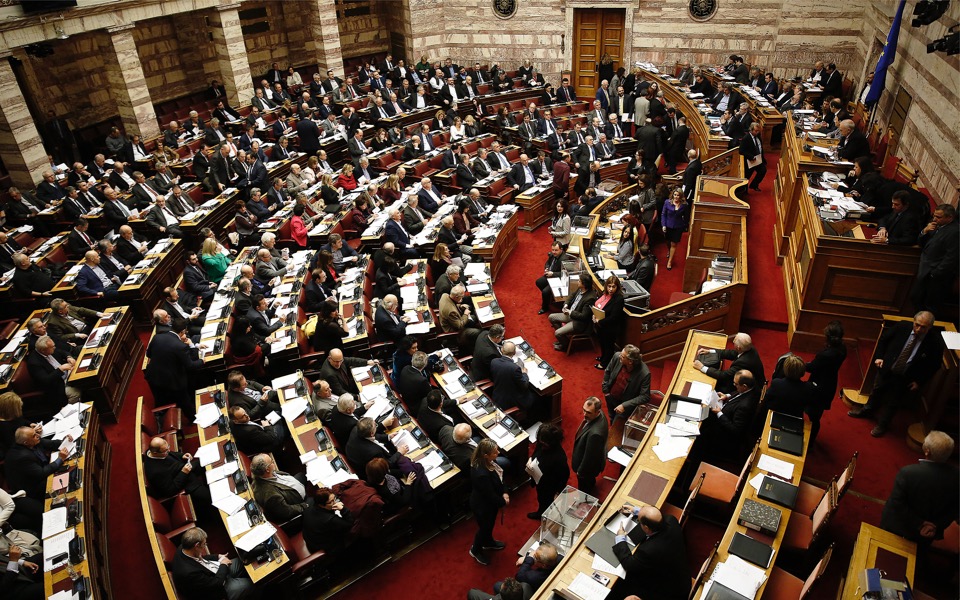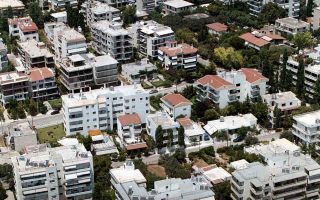Stable tax rate for new investments

The new investment incentives bill that Kathimerini has seen places an emphasis on small and medium-sized enterprises with innovative features, as well as incentives for large-scale investments that could immediately attract foreign capital.
Among the incentives the new draft law provides for in terms of attracting investments are rapid licensing, a stable tax rate for 12 years, a subsidy that will go toward the cost of creating jobs and the financing of business risk.
The financial sectors that will be targeted for the provision of investment incentives include manufacturing, a large section of the tradable goods production domains, with an emphasis on new independent small and medium-sized enterprises, investments with an innovative character, synergies and networkings.
The activities of entities with the aforementioned features will be entitled to receive the maximum level of support from the new bill, such as subsidies for setting up the business, for consultancy services or the strengthening of assets, at a rate rising to 75 percent, compared to the 50 percent rate applying to large enterprises.
The new bill aimed at restarting the economy has already been forwarded by the Finance Ministry to the European Commission and provides for specific subsidy limits based on the European Union’s Regional State Aid map. The draft law determines that the maximum amount of subsidies per investment project will be 5 million euros. The subsidies provided to each entity, including subsidies to partnering or affiliated enterprises, cannot exceed 10 million euros per enterprise or 20 million euros for the entire set of partnering or affiliated companies.
The subsidy rates are smaller for large companies than for SMEs, with an emphasis on the regions of Central and Eastern Macedonia and Thrace, Thessaly, Epirus, Western Greece, the Peloponnese and the Northern Aegean. The lower subsidy rates will apply for Attica, the Southern Aegean and Central Greece.
The source of funding will be the budget’s Public Investments Program, but given the tight fiscal conditions, the government is also hoping to mobilize private funds too.





